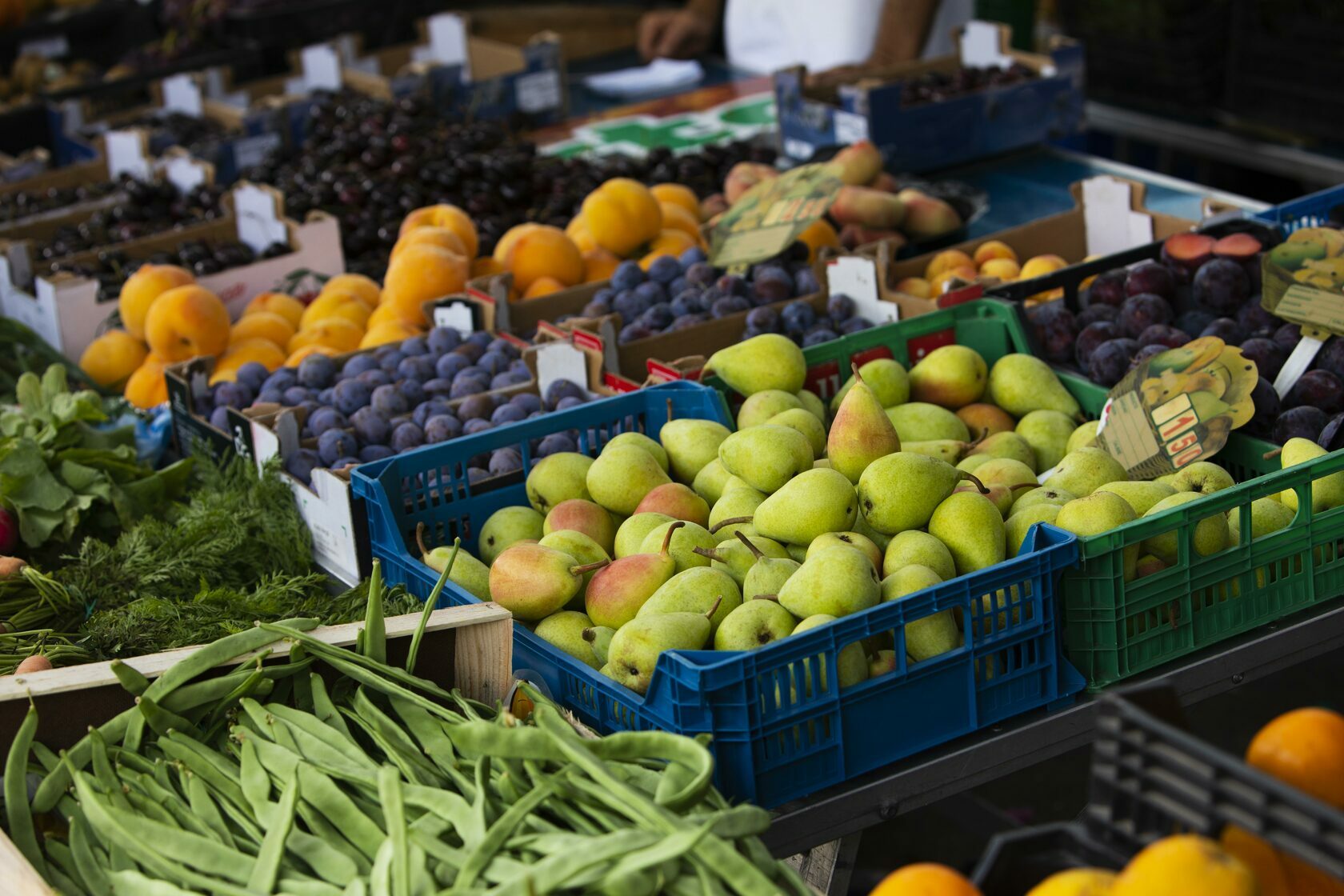
President Dr. Mohamed Muizzu has officially ratified the Food Safety Act
President Dr. Mohamed Muizzu has officially ratified the Food Safety Act (Act No. 6/2024), following its approval by Parliament on May 13 at the twenty-sixth sitting of its first session this year.
The newly enacted Food Safety Act provides a robust framework for ensuring that all food products in the Maldives—whether produced locally, imported, or exported—are free from harmful substances and meet stringent safety standards. This legislation aims to protect public health by regulating every aspect of food production and distribution.
The Act specifies detailed procedures and standards that all stakeholders in the food industry must follow. These guidelines cover a broad range of activities, including food production, packaging, labeling, preservation, storage, trade, supply, and distribution. By setting these comprehensive standards, the Act ensures that food items are safe for human consumption at every stage of the food supply chain.
One of the primary objectives of the Act is to establish clear standards for the various stages of food handling and preparation. This includes the introduction of rigorous packaging and labeling requirements, preservation methods, and storage conditions. Additionally, the Act mandates specific hygiene standards for individuals working in the food industry to prevent contamination and ensure the safety of food items.
The Food Safety Act also outlines the licensing requirements for businesses involved in the food sector. Establishments must obtain appropriate licenses to operate legally, ensuring that they comply with all safety regulations set forth in the Act. This move is expected to enhance the overall quality and safety of food available in the Maldives.
The Act emphasizes the need for regular inspections and monitoring of food establishments to ensure continuous compliance with the safety standards. This proactive approach aims to identify and address potential risks promptly, thereby safeguarding public health.
Upon ratification, the Food Safety Act was published in the Government Gazette and is scheduled to come into effect in three months. This period allows stakeholders in the food industry to familiarize themselves with the new regulations and make necessary adjustments to comply with the Act.
The introduction of the Food Safety Act marks a significant step forward in the Maldives' efforts to enhance food safety and protect consumers. By implementing these stringent standards and procedures, the government aims to ensure that all food products in the country are safe, healthy, and of high quality.
For further information on the Food Safety Act and its implications for the food industry, stakeholders are encouraged to consult the detailed guidelines published in the Government Gazette.
This comprehensive legislation underscores the government's commitment to safeguarding public health and promoting high standards in the food industry.